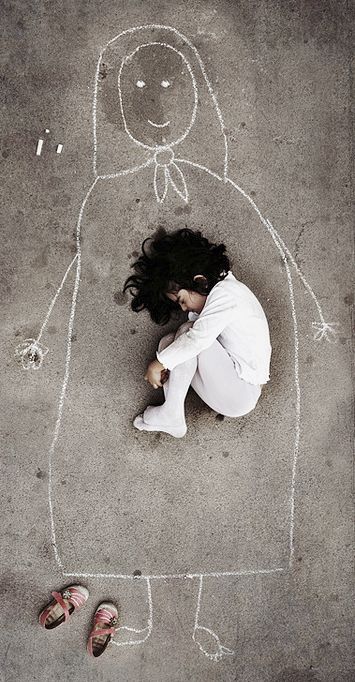By Peter Schaller
Her name was Julia, she was 35 years old.
She had two children, both boys, and lived in a forgotten neighborhood, on the steep hills on the outskirts of the city of Matagalpa, Nicaragua. She was born into poverty and lived in poverty. Julia died in October, and no one created a meme to share on Facebook.
No one tweeted about her the day she died.
She had cervical cancer, which was detected much too late for treatment. The doctors tried anyway, but she got quickly and progressively worse. I took her to the hospital on a few occasions, and could see how steadily her health was deteriorating. As expected, her family did not give up hope. They always believed that one more trip to the hospital, one more treatment, or one more prayer could keep her with them.
There was love in Julia’s family, but I won’t romanticize their plight. It was also a home plagued by violence and instability. Poverty breeds frustration and, with limited access to education, frustration mutates into violence.
Julia loved her boys dearly, though, of that I have no doubt.
More than once, she told me that she did not want to die, simply because she did not want to leave them. I am convinced that she held on for several months more than was medically feasible, because she couldn’t stand the thought of abandoning her children.
The last time I took her to the hospital, I was disheartened to see how close she seemed to be to death. She was emaciated and could barely talk. Her family packed a bag for her and carried her to my truck. A fairly vehement conflict ensued, concerning who would accompany her to the hospital. Obscenities were shouted, a few blows were even exchanged, while Julia suffered silently in the back seat of the truck. She died a few days later.
Death is never beautiful, but beautiful things can happen around death.
When Julia died, the whole community came together to make sure the family had everything they needed, as is customary in Nicaragua. They were free to grieve. All afternoon, there were neighbors in and out of the house, busying themselves with planning for the wake, food, and scolding the children who scurried about in blissful obliviousness.
A local church was used for the wake because their tiny house, made of flattened barrels and wood, could only fit a few people. There are no words that can justly describe the witnessing of such an outpouring of grace and love.
Julia died in silence, but she was surrounded by family and community.
It’s no secret that a lot of celebrities have died in 2016 as well, though there is generally no silence surrounding their deaths. There are memes and tweets and tributes for days, weeks or months, depending on the magnitude of their fame. I have nothing against celebrities, but the fascination with these public figures (within and without life) seems to be unhealthily disproportionate. Many of them have made contributions to the world with their talents, while others have simply been lucky enough to be in the right place at the right time.
No matter what the circumstance, it’s important to remember that celebrities are just human beings, with light and shadow like the rest of us. They have strengths and, many times, glaring weaknesses. Many of them have even caused their own deaths, with the reckless lifestyles that often accompany fame and fortune. Whatever the circumstances, they are just human beings, deserving of compassion and understanding, like the rest of us. Perspective.
Every day, in every corner of the world, decent, hardworking people die in silence.
There are families grieving and in need of our love and support. If so many of us are willing to dedicate time and energy to creating memes, videos and homages to dead celebrities, may we also share compassion with those who die in silence.
Photo: Peter Schaller
Feature Image: (source)
Editor: Dana Gornall
Comments
- Saturday Morning, the World is Renewed - April 27, 2019
- Lift Them Up: Right Speech in a Contentious World - March 31, 2019
- Chasing Away the Cold and Flu Blues…The Natural Way - January 21, 2019







Peter, this was powerful, sweet, sad, yet spoke to my heart of hearts. Working in healthcare I have witnessed tragic deaths and the powerful feeling of love that happens when I have been privileged to be with family members helping their loved ones leave their diseased bodies behind. Thank you for sharing this story, I am sure it speaks to many
Beautiful. Captures how I feel since I lost my mother. I found your story about Julia moving. Anytime I meet someone who has experienced death and they show it I give them a hug. We all experience death and we all deserve to be comforted. Thank you for your story.